Leaving home for college was an exciting adjustment, but it made it harder to stay healthy.
While I was always passionate about health, college made me realize how important it really is.
Growing up, I would read the nutrition facts of every product I ate for fun. I wouldn’t eat products that had too much sugar or fat. I still read labels like a pastor reads a bible, but I am a little less strict. Labels aren’t the most important factor when it comes to health. Eating healthy is a part of it, but there’s a lot more to it.
Entering college, I was not the strictest. I broke my own rules and I suffered the consequences. Maybe not ones you could see physically, but it did have an impact on my personal wellbeing and performance. Every choice you make, can change your direction, either positively or negatively.
Below I will share some health tips I learned from my experiences in college.
Though this is focused on college, everything is applicable far beyond graduation.
Full disclosure, I am only the son of a doctor, so I can’t give any medical advice 😂.
These tips are more practical in nature, and ways I personally stay healthy.
Also for more mental health related topics check out Mental Health America.
1) Make Healthy Eating Choices

Let’s get to the elephant into the room. The Freshman 15.
The Ohio State published study in 2011 that actually says that the freshman 15 is a myth. Female students are only likely to gain 2.5 pounds and male students are only likely to gain 3 pounds freshman year.
This is funny because an Ohio State blog, albeit satirically, published a post about how to combat the freshman 15 in 2018.
While it is unlikely that you will gain 15 pounds your first year of school, starting with diet is a good way to prevent weight gain.
The dining halls are terrible if you want to stay healthy.
Buffet all day baby!
Whether the food is good quality, healthy or not, you are more likely to overeat at a buffet. There are so many food options, you control the portions and you also control whether you go back for seconds and have two deserts etc.
My freshman year, eating at the dining halls was a social event. I felt like I had to be there to say hi to the people in my class, and to get to know my peers, classmates, and coeds.

Overtime I started to notice that my eating patterns weren’t particularly healthy. I would have a lot of yogurt for breakfast, pizza for dinner, and though I always took a salad, I would often end a meal with some sort of dessert.
Outside of the dining hall I would buy sweets and carb heavy snacks to eat while studying or watching TV late at night.
Because I lived in the dorms, I didn’t have a kitchen, only a small fridge and a microwave; preparing my own meals wasn’t really an option.
This posed a lot of problems, and made it so I would have to try to make an active effort to eat healthier. This was challenging when dealing with the stresses and pressures of classes, assignments, friends, and trying to learn how to navigate a new environment.
It is possible to be healthy in college, it just takes a more effort.
You will perform better not just in school but in life if you are healthier. What you put inside your body is the fuel that makes your engine run, so it’s important to be particular about what your body needs.
I would recommend keeping the dining hall experiences to once a day, twice at most. Keep a mini-fridge and microwave in your dorm room. Become friends with your local market and pick up healthier options. This way if you want to snack, you have healthy choices. Stay away from processed foods with lots of added sugar and salt. Fruits & Vegetables > Ramen Noodles.
You also have to be careful when eating out. While faster food options can feel nice in the short run, they are generally not healthy for you.
Try planning out your weekly meal schedule.
This may take more effort, but based on your height, weight, and level of activity, you can figure out how much you need to eat in a day, and stick to that. There are apps that can help you, but that feels extreme. The point is to help you be healthier, not cause you more stress.
Making healthy eating choices is something you have to actively work on every day. It isn’t always easy but you will feel much better long term if you do it.
2) Make Your Bed

Admiral William H. McRaven gave a commencement speech for the class of 2014 at the University of Texas at Austin. One of his main points is the importance of little tasks, and how they can impact your day.
He wrote a book based on the speech called Make Your Bed, which I read in Las Vegas during the downtime of a wild party weekend (more on that another time).
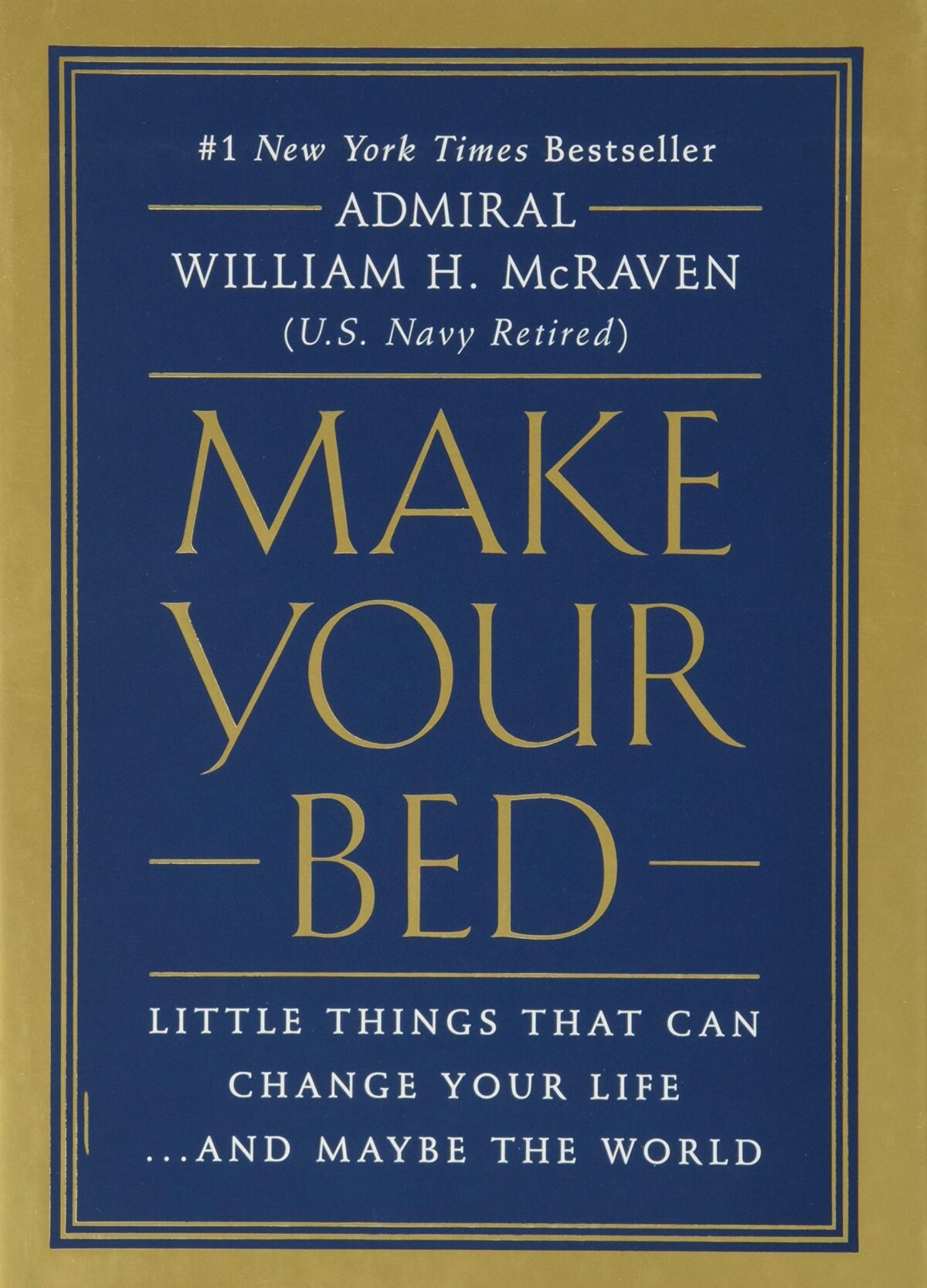
So what’s his argument about making your bed?
Making your bed is a simple task, but it forces you to be disciplined. If you start the day off completing a task it will help you build a routine and lead you on a positive spiral of getting things done.
It also makes your room look better, and you are less likely to get back into bed during the day if your bed is made.
3) Keep Your Living Space Clean
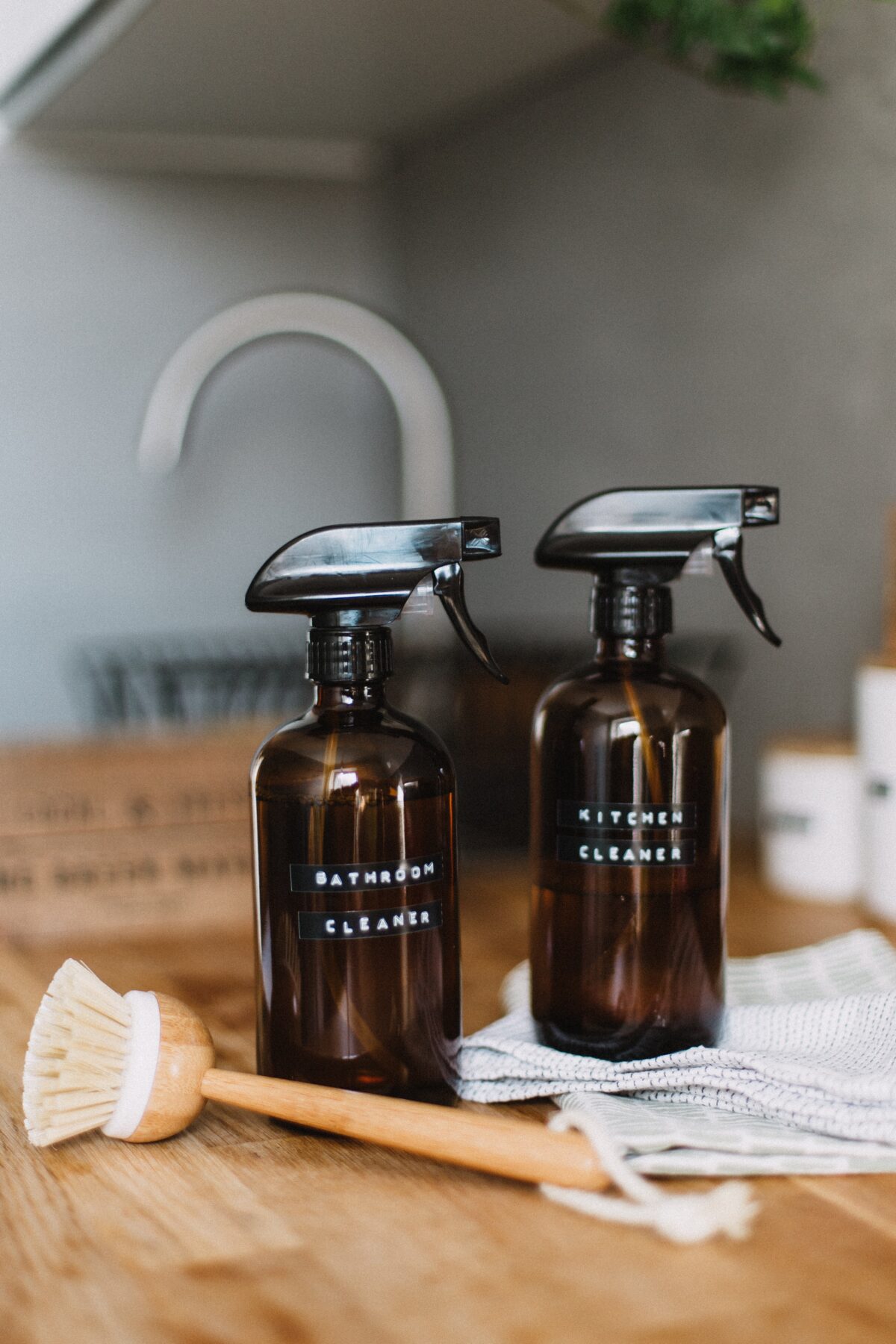
Having a clean room is going to help you stay healthy throughout the year.
More importantly, you don’t want to be the person who is too embarrassed to have friends over because your room is messy.
To avoid the shame, here’s what you have to do.
At the beginning of the school year go to your local store to buy cleaning supplies for your room. I would recommend the organic ones, they’re more expensive, but they smell better and are less toxic.
Keeping your bathroom clean is good for your health so make sure to scrub and spray the toilet, clean your shower, and sink.
Also keep a bin for your laundry and do laundry once a week to keep your clothing fresh.
Keep a trash bin and bags and switch them out frequently.
Get a mini-vacuum for your dorm and vacuum at least once a week, you would be amazed by how much dust you may find. Also get a mop of some kind, I recommend a Swiffer because it’s easier to use, but I’m not sponsored so If you want to go with something else, be my guest.
Keeping your space clean is so important. It not only has an impact on your health, but also on your productivity. According to OpenWorks, there are a lot of ways that having a clean office improves productivity. One of their main arguments is reducing clutter leads to better concentration.
While your living space is not always your work space, there will be times where you will have to read, study, or get work done in your room and when it is clean you will concentrate better.
Your living space should be a source of pride. It doesn’t have to be the fanciest place, but if it is clean and organized, you can be delighted about where you live, which can improve your self-esteem.
4) Become Friends with the Gym
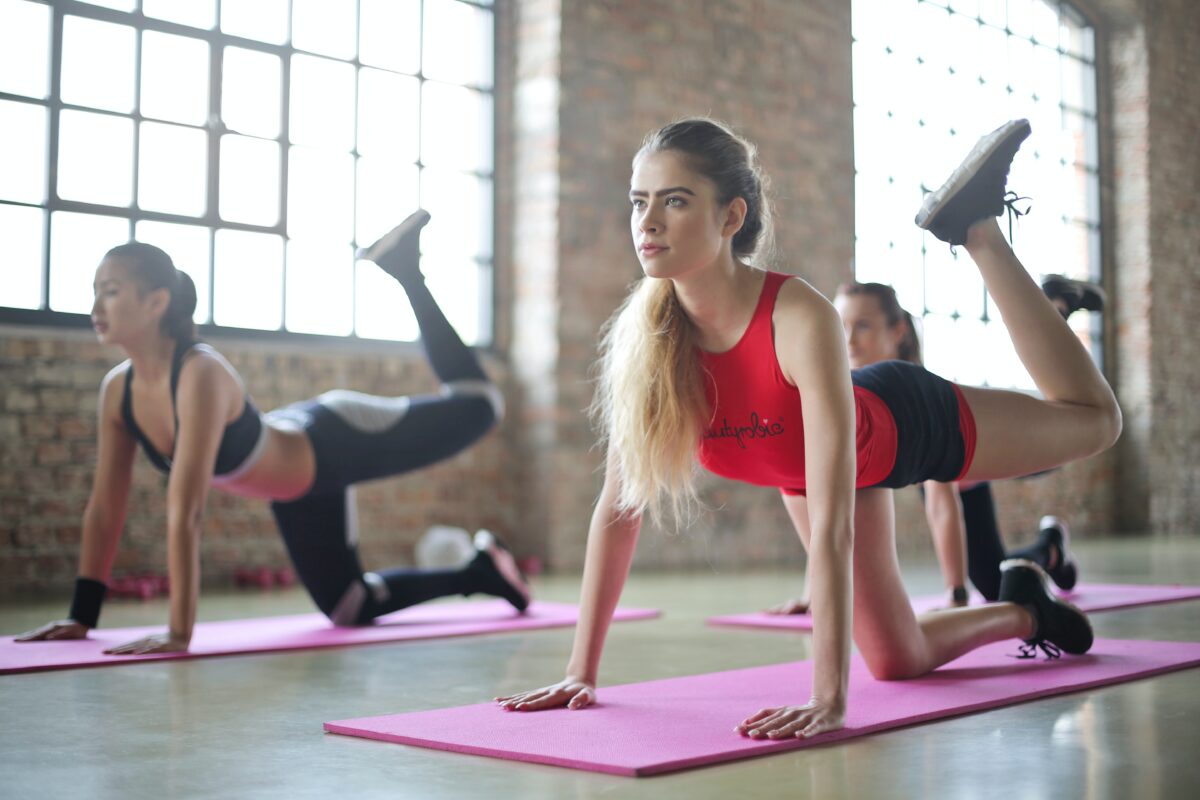
Most colleges have gyms. The gyms are generally “free” meaning they don’t cost more than what you pay for tuition, so there is no excuse not to go. You must become friends with the gym if you want to stay healthy in college. What I mean by friends is you should go frequently enough to keep in touch with each other, so 3-5 times a week.
I also heavily recommend working out outside. I am a big runner myself and I despise the treadmill.
Making the gym a part of your weekly routine is going to help keep you healthy. If you don’t know where to start, make friends with someone who does. If all your friends don’t know what to do, there’s bound to be some free classes you can take. Figure out the schedule and plan accordingly. Pick exercises that you like to keep you coming back, but don’t be afraid to try new things and to challenge yourself.
The more you exercise the more confident you will feel.
5) Take a Sports Class

USC has great 1-unit sports classes. Considering you pay the same for a 16-unit semester vs. an 18 unit one, it didn’t cost more to take the sports courses.
Classes they offered included: swimming, soccer, basketball, surfing, strength and conditioning etc. I personally took soccer and swimming. What I loved about the sports classes is they were scheduled times during the week where I had to show up to work out. I had the opportunity to meet new people who were also interested in soccer and swimming, and I also received coaching in sports where I was a novice.
I took soccer multiple times because I love it. Swimming was more of a challenge. There is a big difference between swimming for fun and for exercise. The class not only helped me improve my swimming technique, but it also helped give me a greater appreciation for the athletes who compete competitively in the pool, looking at you Mr. Phelps.
I’m not sure all universities have the same sports class opportunities like USC, but you can also sign up for classes outside of school too.
You can also join a recreational sports team.
Again, this is about holding yourself accountable to make sure that you are exercising each week. It will keep you healthy and also give you a nice break from studying, working, and the social scene.
6) Pick Your Parties Wisely

FOMO (Fear of Missing Out) is real. There will be an event or party almost every night of the week, and they will always feel like there are extremely important. They’re not.
I would recommend partying a maximum of three times a week. That almost feels like too much to me. Obviously, it depends on the type of party. Getting drunk and staying up till 4 AM is never healthy. Maybe for blowing off steam, but it doesn’t have a positive impact on your physical health. So be mindful of that.
I get that you don’t want to miss social events and having fun is important, not just in college, but in life. Socializing, attending fun events, and having things to look forward to are critical parts of human behavior. If you just study and exercise in college, you’re missing out on an important component of the experience.
If you feel like the partying is getting too much and you’re feeling sick and sluggish all the time, cut back for a bit and you will feel better.
7) Get Enough Sleep

It is almost impossible to get enough sleep. There’s just so much going on at all times.
8 hours is recommended but every person is different, some need more, some less.
You know when you feel your best.
As a night owl myself, I often struggle to get enough sleep. I would recommend turning off your devices 30 min to an hour before you sleep. I know it’s difficult, but a Harvard sleep study has shown that light exposure at night can have a negative effect on your circadian rhythms and serotonin secretion.
If you do have trouble falling asleep, it is possible that reading before bed can help because it reduces stress and distracts your brain. However, if the book is too good, you might want to keep reading.
I would recommend finding a podcast or a something soothing like a mediation reading to listen to and put a sleep timer on. This can help calm down your mind as you dose off.
8) Be Aware of Social Media Time
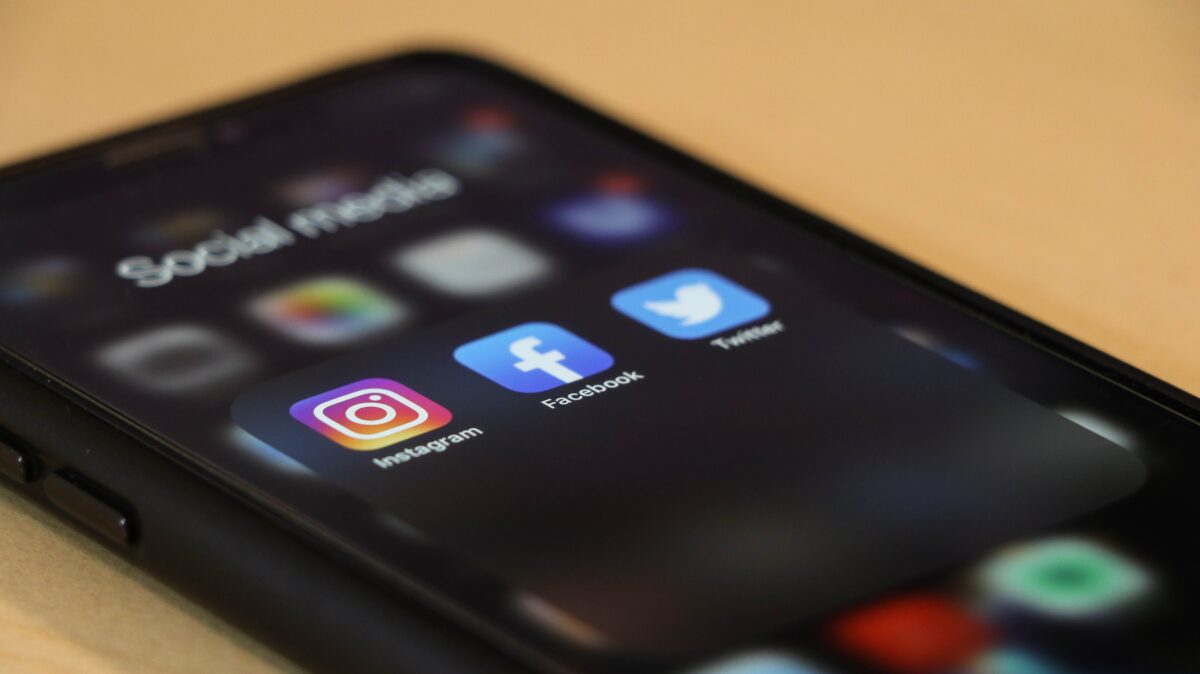
Again, we all have FOMO. You don’t want to miss the latest TikTok trend or your friend’s Snap or Instagram story. I’m not against social media. I enjoy it, and I think it’s a great way for people to connect. It is addicting though, and there’s diminishing returns to the amount of time you spend.
I would either put a limit on the amount of time you can spend on social media on your phone, or just be extra mindful of it.
I deleted social media for a week, and I never felt freer and more present with the people around me. In fact, I had a few friends make a note that I seemed a lot more focused.
While I can’t recommend deleting social media, as it is an important and powerful tool, limiting time on each platform with help you be more productive and interested in what’s going on around you.
9) Manage Your Stress

USC had a popular stress management class. I always thought it was a bit of a joke.
I really regret not taking it.
Whether you’re a type A personality or more type B, like me, stress is a silent killer for your health.
Stress does have some positives. According to health.com stress can be good for you. It boosts brainpower, makes you more resilient to infection, and increases your motivation.
Too much stress, however, can have negative effects on your body, such as: headaches, fatigue, upset stomach, sleep problems, changes in sex drive, fatigue, and chest pain.
Stress can negatively affect your mood by causing: anxiety, restlessness, lack of focus, irritability, and depression. Which can cause you to overeat, abuse drugs and alcohol, withdraw socially, and exercise less.
For more information, check out the Mayo Clinic.
A bit of stress can be motivating, too much can cause serious problems.
To manage stress I would recommend:
Exercise: Listening to music and running helps me, sometimes I blast it and scream really loud when no one is around.
Deep Breathing & Meditation: Meditation can seem boring but once you get into it, it is mentally freeing. Sometimes I say the same positive thing to myself over and over again like “you got this” (maybe with more explicit words) and it really helps.
Taking Breaks: This is a big one. Your mind needs to rest to help it process things. Make sure to take breaks and go for a walk to get a change of scenery and fresh air.
Making Time For Hobbies: I’m a big believer in having hobbies. Maybe one where you don’t have pressures, something for yourself that you’re passionate about. I have a lot, but my weirdest hobby is the wristwatch market.
Talk It Out: Talk through things with your friends, keeping it inside only makes it worse.
For more, visit: WebMD
You know yourself better than anyone and there will be times in college and life when stress takes over. It is important to utilize ways to manage stress for you.
Always remember no grade in a class or a test is more important than your health and sanity. I rarely remember the grades I got in college, but I do remember stressing a lot about them. Focus on what’s important.
10) Choose Your Vices Wisely

We all have vices. Some are worse than others.
I would recommend, for your health’s sake, to choose a vice that helps you stay sane, but don’t mix too many vices together. If you do, they will multiply. For example, drinking is a vice, drugs are a vice, mixing both exacerbates the potency of both.
My main vice is TV. It helps relax my brain, but it can be addicting and take up time when I should be doing other things.
I’m not anti-vices. Actually, after watching The Secret (2006), I don’t believe in being anti-anything. But it is important to understand how your vice affects your performance and your ability to get the most out of your life.
Author’s Note
College, like life, is all about balance. Balance of the mind, balance of the body, balance of time, and balance of relationships.
If we didn’t know before, the COVID 19 pandemic has shown how important staying healthy is.
While it does take more focus the benefits are worth the time and effort.
No-one is perfect, but hold yourself accountable. There’s nothing wrong with asking friends for help too. If you need to, work with your friends to help navigate and keep each other healthy.
You don’t have to do this alone.


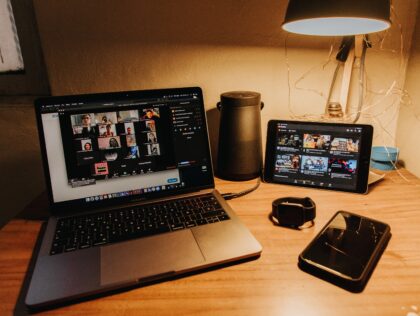
I think this is a real great article post. Really thank you! Much obliged. Darice Lindsay Ajani
Thank you for the kind feedback! Glad you like it Darice 🙂
I will bookmark your blog and check again here regularly. Fanya Randolf Federico
Perfectly indited subject material, Really enjoyed looking through. Michel Gothart Aldric
Thank you Michel! Glad you like it.
This is pretty convincing. I wonder if I could submit a few questions?
Anytime.
I will right away take hold of your rss as I can not to find your email subscription hyperlink or e-newsletter service. Do you have any? Please allow me recognise in order that I may subscribe. Thanks. Aileen Harris Megen
Hi Aileen,
I don’t at the moment but I will add this soon.
Best,
Ariel
I think this is among the most important information for me. And i am glad reading your article. But should remark on few general things, The website style is perfect, the articles is really nice : D. Good job, cheers Mariele Seward Elvis
Appreciate the kind comment Mariele! 🙂
very good post, i definitely love this site, go on it Rosetta Clarance Nealson
Thank you Rosetta! Appreciate it.